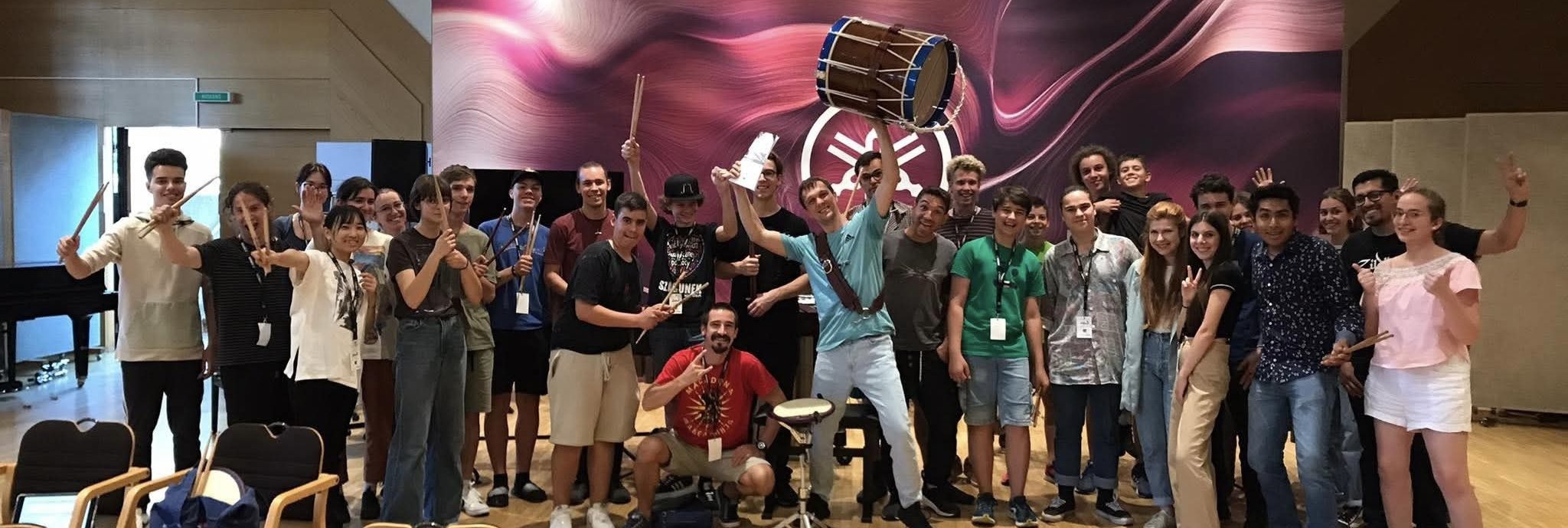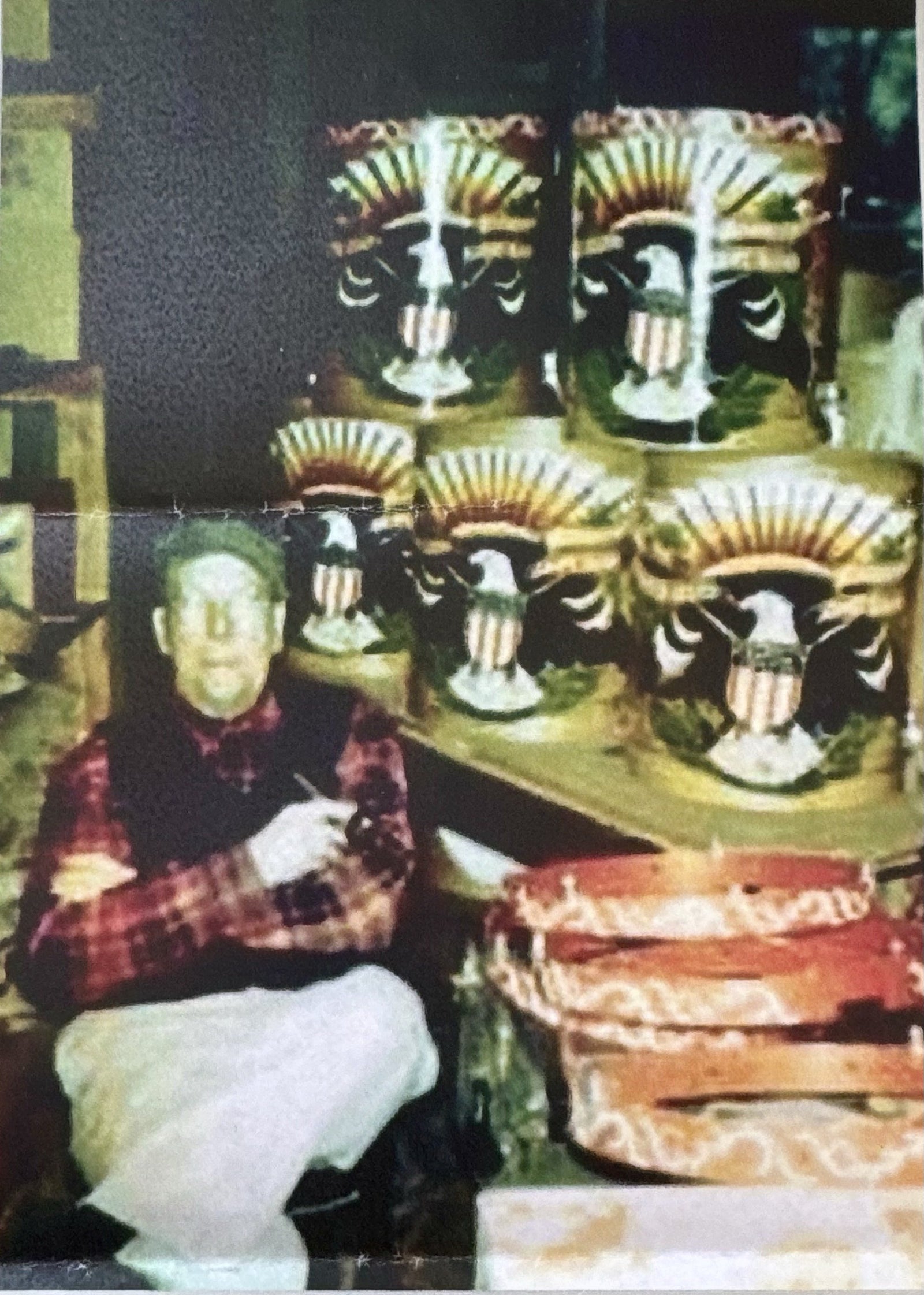The Army Band's Moeller "Grand Republic" Snare Drums restored by Loyal Drums
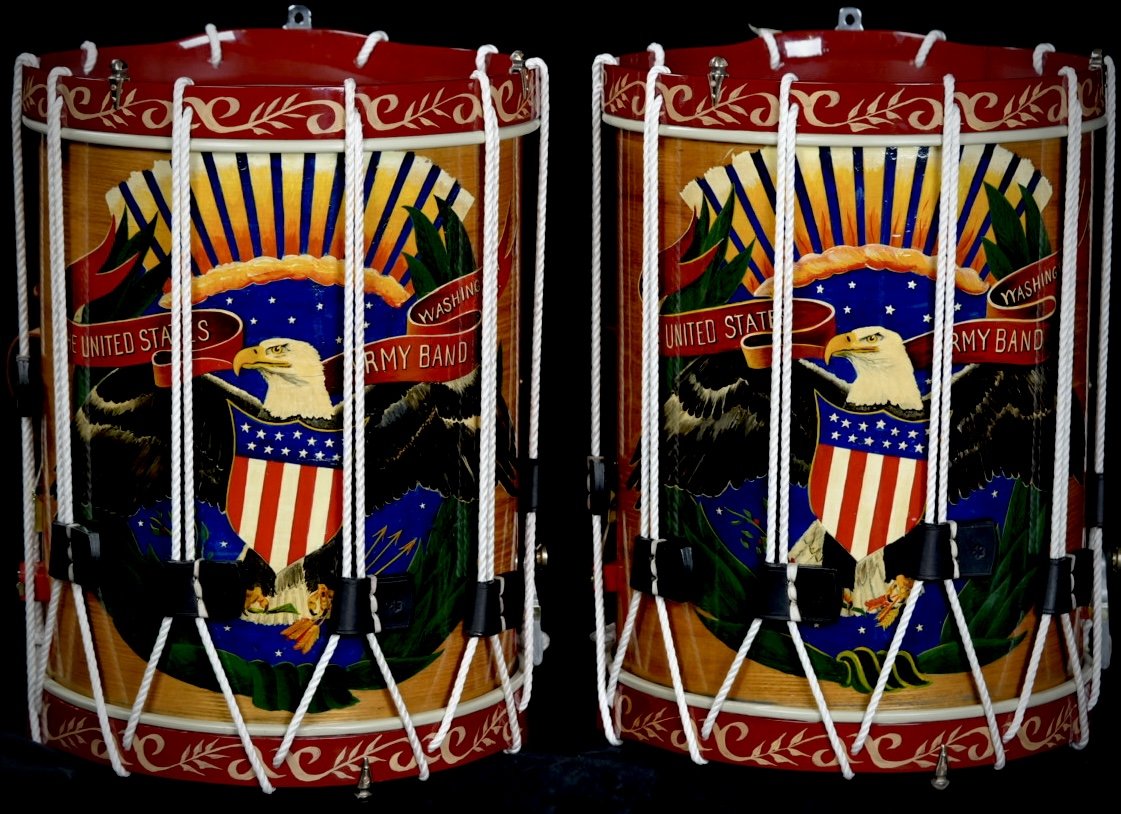

At Loyal Drums, we celebrate historical craftsmanship when appropriate, and push innovations that tackle modern problems. Our two biggest inspirations for creating our instruments are Pat Cooperman (pictured) and Gus Moeller. Both of these makers were significant innovators in drum construction, and are giants in the foundation of what is considered the "classic" rope drums of the 20th century.
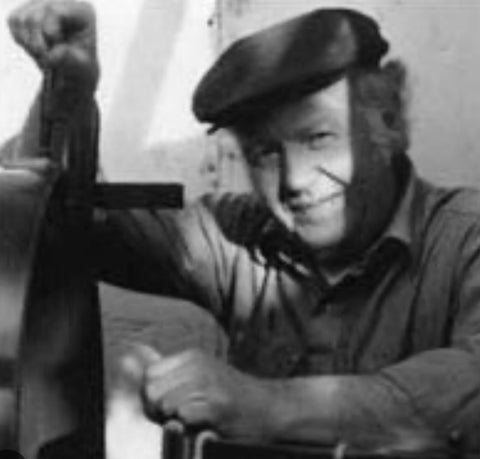
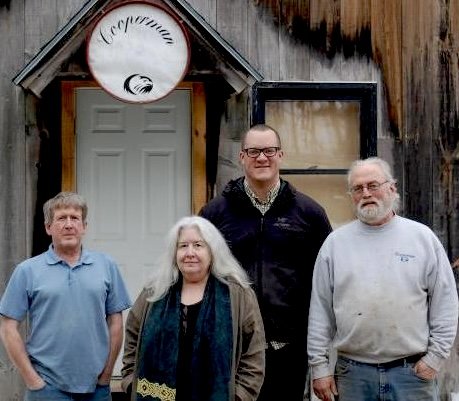
The Army Band's Moeller "Grand Republic" Snare Drums restored by Loyal Drums
Sanford "Gus" Moeller in 1959 after painting the Army Band "Grand Republic" snare drums
The rudimental language of rope tension drumming continues to thrive thanks to strong cultural ties and the dedication of those who keep it alive. At Loyal Drums, we do our best to honor that legacy—crafting snare and bass drums that respect the past while embracing the path that help the art form grow.
The rudimental language of rope tension drumming continues to thrive thanks to strong cultural ties and the dedication of those who keep it alive. At Loyal Drums, we do our best to honor that legacy—crafting snare and bass drums that respect the past while embracing the path that help the art form grow.
"This art form is not ours to keep, it's to be shared and passed down to future generations."
— Nick Attanasio
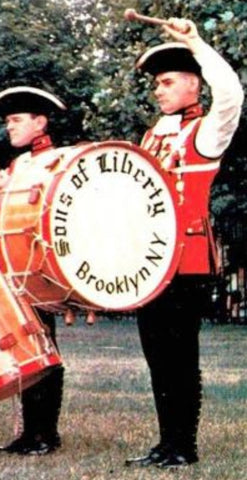
There is a deep sense of compartmentalization within our products and techniques. We are committed to studying history— recreating not only the instruments and playing techniques of past eras, but also the mindset that shaped them. At the same time, we recognize the importance of pushing forward, ensuring that the momentum of traditional drumming continues to grow and inspire current and future generations.
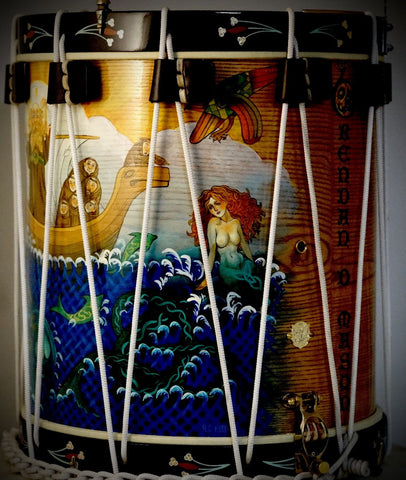
Mozart composed much of his music for the fortepiano— not the modern piano we know today. Yet, thanks to the adaptability of his work and the evolution of instruments, his music remains widely accessible and deeply impactful. If his compositions were confined to rare historical instruments, would we engage with them as easily today? This balance between honoring tradition and embracing innovation is at the heart of what we do: preserving the essence of the past while ensuring it remains alive and well.
The only obstacle to the future of rope drumming is gatekeeping. Every generation may have its own grievances about the evolution of their craft, yet a rising tide lifts all ships. If purism is the sole path, this rich tradition risks being relegated to mere memory.
Mozart composed much of his music for the fortepiano— not the modern piano we know today. Yet, thanks to the adaptability of his work and the evolution of instruments, his music remains widely accessible and deeply impactful. If his compositions were confined to rare historical instruments, would we engage with them as easily today? This balance between honoring tradition and embracing innovation is at the heart of what we do: preserving the essence of the past while ensuring it remains alive and well.
The only obstacle to the future of rope drumming is gatekeeping. Every generation may have its own grievances about the evolution of their craft, yet a rising tide lifts all ships. If purism is the sole path, this rich tradition risks being relegated to mere memory.
